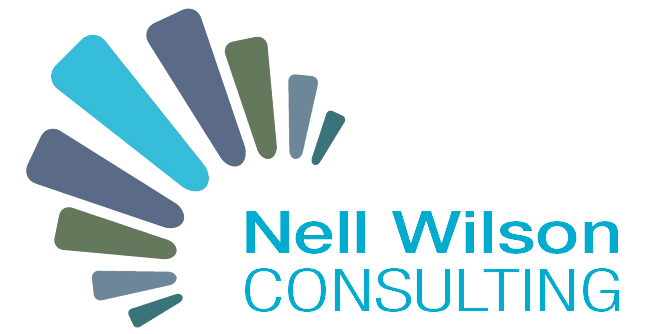Who is the program for?
An online program for established Leaders or ‘Leaders of Leaders’ who have cross-functional responsibilities in either the public or private sector.
Ideally, you will have at least 5 years of leadership experience and are looking to advance your career further into Executive level roles.
The series of online modules are targeted to Leaders as part of their professional development or can also be offered as part of a structured Talent Development/Retention strategy in organisations that have clearly mapped their talent.
Learning outcomes
- 360 degree feedback, debrief & action planning
- 12 online workshops
- 4 online executive coaching sessions
- 3 online group networking sessions
- Comprehensive materials, resources, readings and videos
- Identify expectations of executive leaders, key competencies and behaviours
- Review a number of core business fundamentals covering themes such as finance, operations, organisational constructs, governance structures & boards
- Discuss the key elements of organisational culture
- Includes guest speaker who discusses ‘managing the transition’ from middle to senior/executive leadership
- Review a variety of high performing teams structures and frameworks
- Conduct a team assessment to identify strengths and development areas of your team
- Identify what are the characteristics of engaged teams and conduct an audit of your own team and context
- Revisit or review your team purpose & team norms
- Discuss and review ways to fostering greater trust and candour with your teams
- Develop a plan to work on your team’s culture in order to continue to support high performance
- Define each of the adaptive leadership principles (Heifetz & Linsky) and why they are relevant to solving adaptive versus technical problems
- Outline a specific workplace problem they have either attempted to solve or wish to focus on and that cannot be solve alone or with technical interventions using ‘Case in Point’ methodology
- Prepare complex stakeholder analyses in order to conduct further observations, analysis, interpretations and interventions (that are presented in Part B of this module)
- Discuss Organisational design & analytics & the future of work
- Review your “Theory of the Business” today and with a future focus
- Develop or review a compelling, inspired and relatable vision and instilling the buyin of others
- Review key elements of effective organisational strategy.
- Participate in Case Studies for how to turnaround organisational performance
- Set goals and high performance outcomes with your team
- Review delegation and empowerment practices whilst developing implementation plans
- Discuss how you convey performance expectations and conduct follow up
- Practice dialogue sessions for increased commitment and enhanced accountability
- Conduct a performance analysis of each team member in order to identify opportunities for stretch and higher performance
- Revisit resource allocations, remove obstacles and develop contingencies as required
- Discuss a variety of feedback methodologies
- Determine your degree of leadership presence and impact
- Practice how to facilitate courageous conversations
- Identify strategies to generate greater candour with your teams
- Review and utilise the Conversational Intelligence model and framework to move from transactional to transformational meetings and conversations
- Utilise story telling ideas to increase your impact and resonance with individuals and groups.
- Discuss the political complexities inside organisations
- Conduct a complex stakeholder analysis
- Review your understanding of ‘whole of business’ concerns across other groups in your organisation
- Develop a plan to maintain proactive and frequent interactions with a broad range of stakeholder groups
- Practice using a variety of influencing techniques
- Utilise “Immunity to Change” principles to unlock more potential in your teams and other parts of the organisation
- Conduct an audit of your stakeholder and customer groups
- Discuss the theory and application of ‘Net Promoter Scores’ both internally and externally
- Develop greater insights into market trends and competitor analysis
- Identify future opportunities to develop new customer offerings
- Review decision making processes in order to make timely and well-informed decisions/judgement whilst optimises work processes
- Understand what strategic leadership means and use it as a framework to both revisit existing strategy and develop new strategic practices & tools
- Practice managing the paradoxes of ambiguity and complexity in order to manage and adapt quickly and maintain solutions focus
- Discuss the 4 strategies for fostering greater psychologically safety as a leader and with your team
- Demonstrate greater openness to differences of opinions and solicit greater diversity of thought
- Effectively facilitate differences of opinions and conflict with empathy and curiosity
- Develop greater capacities for advocacy and enquiry
- Foster greater trust and psychological safe processes to enable ‘safe to fail’ work cultures and greater learning and decision making
- Review your systems around recruitment, performance reviews, team meeetings, decision making, problem solving, delegating and empowering others
- Discuss a variety of talent development frameworks & processes
- Conduct a talent audit
- Use a variety of methods to develop your leadership team
- Review your own resume and LinkedIn profile to ensure you reflect best practice strategies for your own career advancement
- Determine networking strategies to utilise informal networks for talent identification.
- Diagnose the political landscape by identifying and interviewing stakeholders including identifying and leveraging allies and opposition
- Identify new questions that can help you and others better understand and diagnose the problem itself
- Develop a strategy for engaging courageously and enlisting others in the issue
- Orchestrate conflict by creating a holding environment e.g. on-site / off-site in order to gain new perspectives and focus on an issue people don’t normally deal with during their day-to-day work
- Generate multiple interpretations of data analysis before auditioning ideas and ripening the issue
- Design iterative and improvisational interventions
- Sell small pieces of the idea and score some early wins
- Discuss the characteristics of resilient people
- Identify ways to develop resilience reactively and proactively
- Utilise a coaching methodology to assist others develop their own resilience
- Identify any potential obstacles to change and determine preventative strategies
- Adopt strategies for high pressure scenarios to manage stress and wellbeing
- Learn how to regulate more effectively
- Engage more effectively in tense situations with diplomacy and tact
- Pick up more effectively on interpersonal and group dynamics


